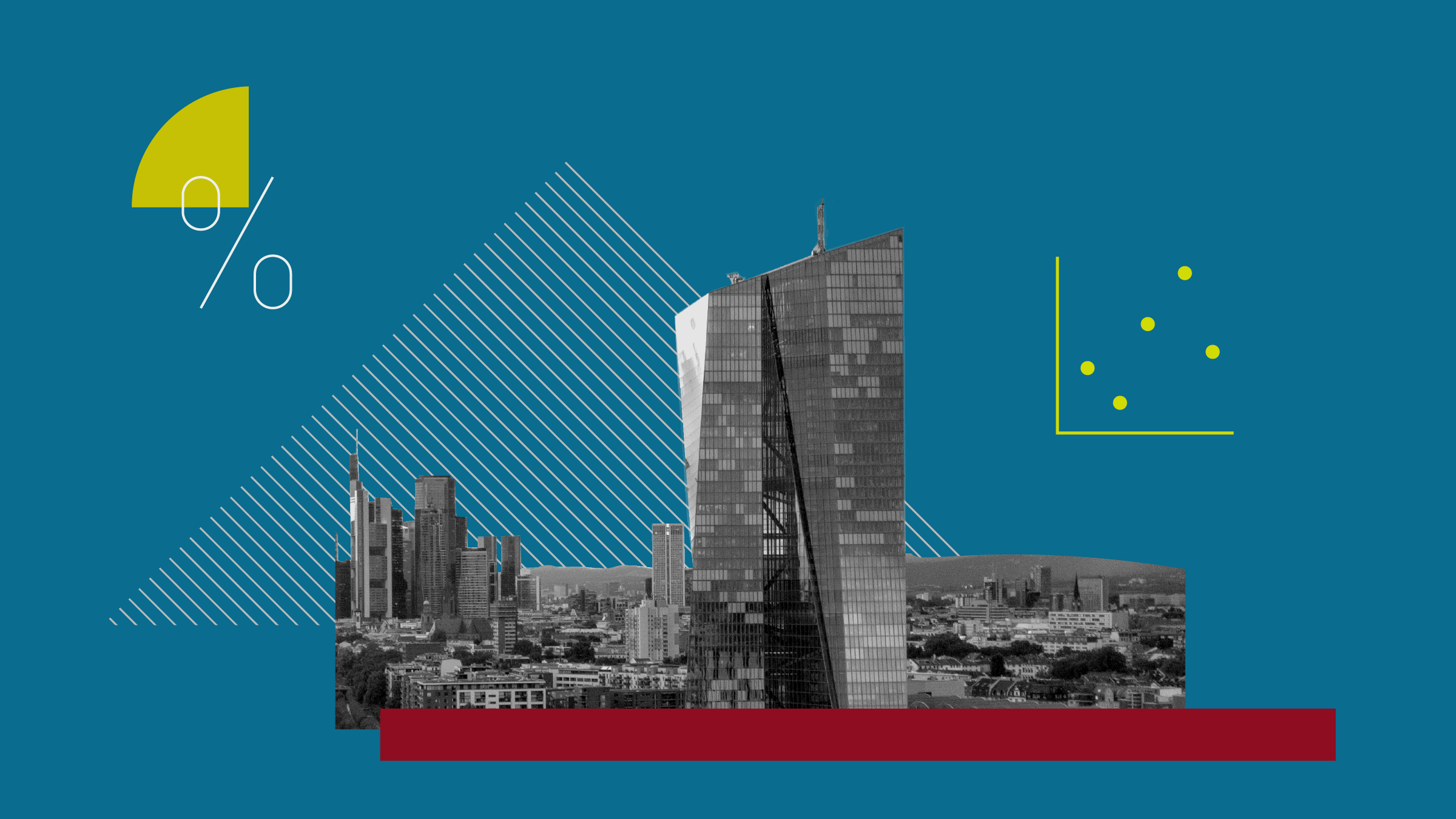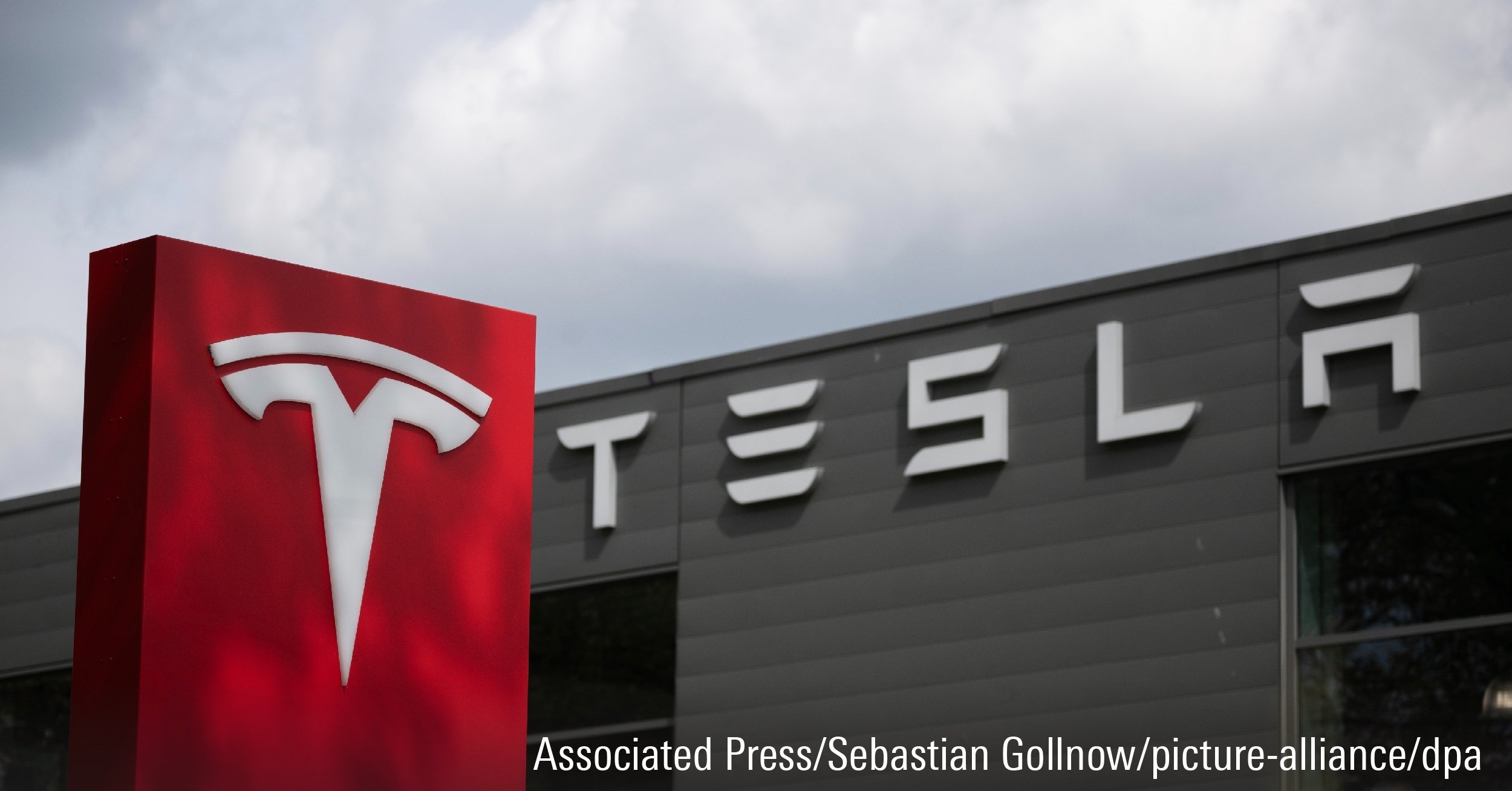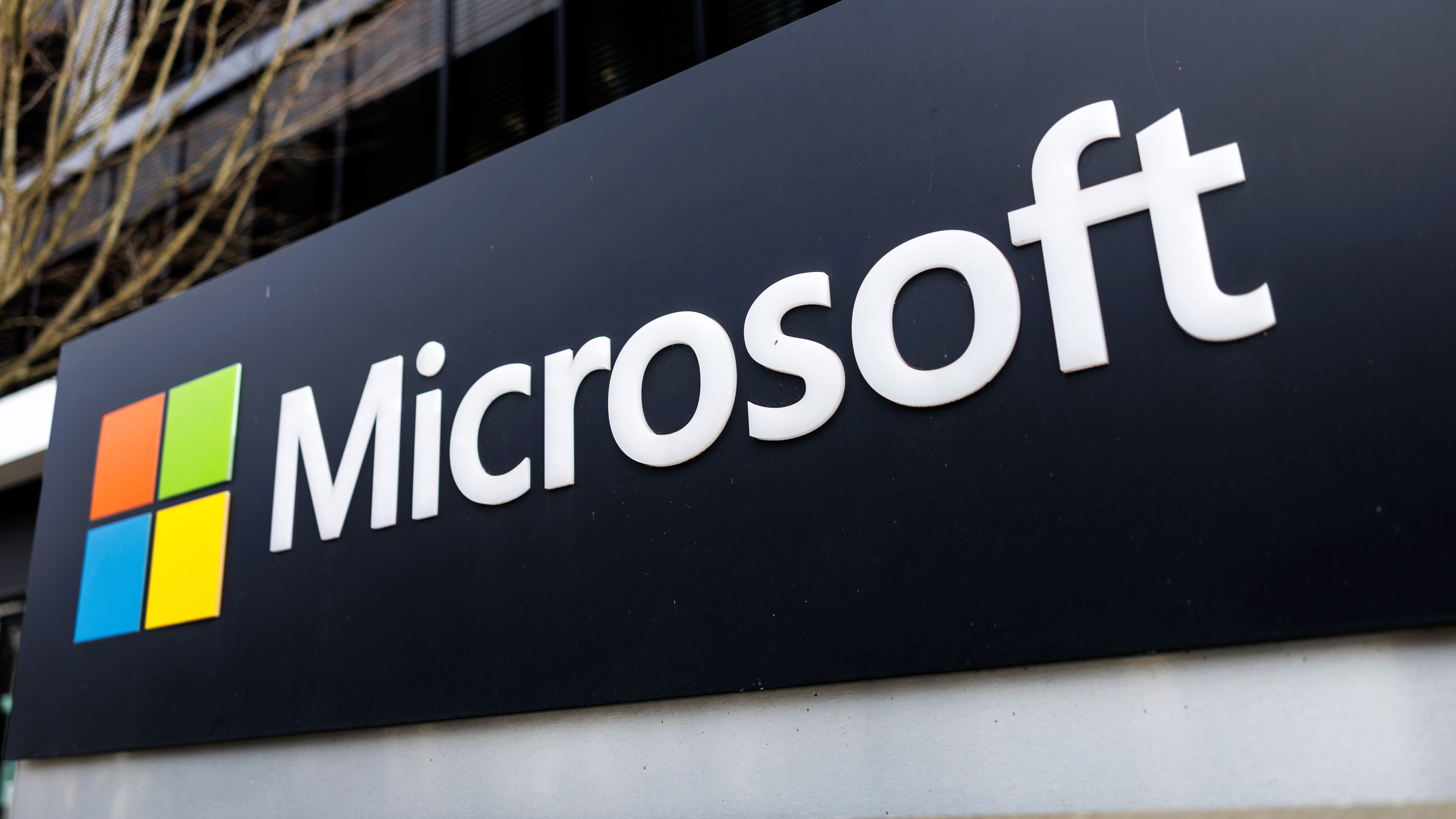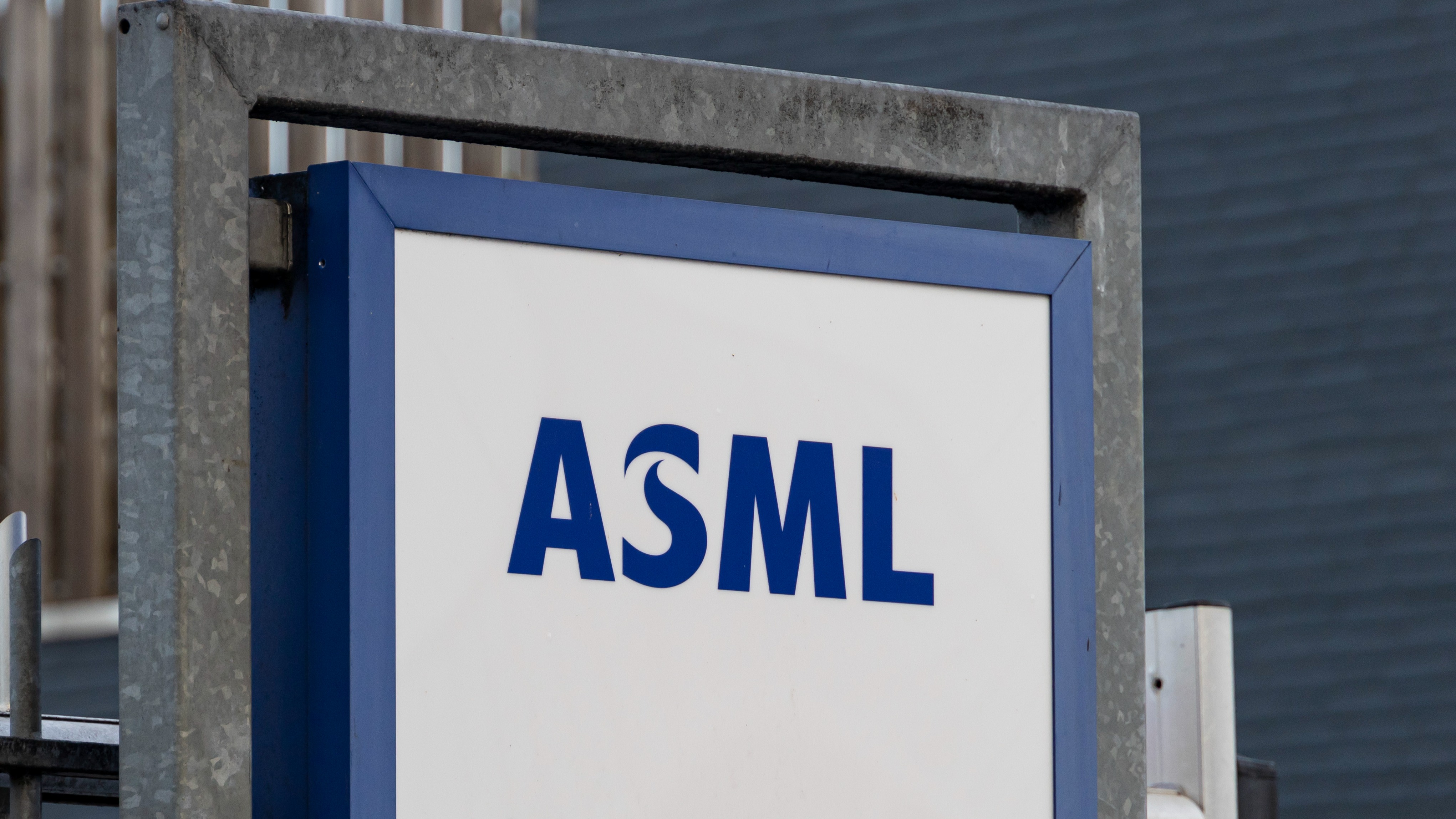Intense competitive pressures and tepid consumer spending persist, as evidenced by Unilever’s (ULVR) results, but we contend the firm’s brand intangible asset and cost edge, which form the basis of our wide moat, remain firmly in place. While we aren’t adjusting our EUR 33 fair value estimate, we’re now incorporating spot exchange rates to value its other share classes, which drives our fair value estimate changes to £24.92, down from £26.83. This will enable us to more appropriately account for the present environment, and our fair value estimates will continue to ebb and flow with spot rate changes.
For the quarter, organic sales rose 2.1%, reflecting higher prices as volumes slipped 0.4%. Emerging markets, which make up 57% of sales, have slowed significantly from a year ago, up just 5.7% for fiscal 2014 compared with 8.7% growth in fiscal 2013. However, we believe the firm’s tenure in these regions which dates back more than 50 to 100 years in some instances and its subsequent grasp of consumer trends, combined with investments in new products and marketing will ensure Unilever is well positioned when growth resumes.
North America posted 2% underlying sales growth driven by a balanced contribution from price and volume, though we aren’t blind to the fact that this compares to a weak period last year, when sales fell 2.4%. Given management’s commentary that promotional spending in U.S. hair care and deodorants is running rampant, it will take a few more quarters before we view this uptick as sustainable.
Unilever’s efficiency initiatives appear to be gaining traction, as core operating margins expanded 40 basis points to 14.5%. The company noted that 20%-25% of its EUR 20 billion cost base is at least partly affected by oil prices, which should prove a low-single-digit tailwind in the 2015. We still expect operating margins to improve to around 16% over our 10-year explicit forecast.
Emerging markets were again weighed down by trade destocking in Chinese hypermarkets, hampering sales in the country, which represents about EUR 2 billion in annual sales or 4% of its total, by around 20%. The impact is likely to be felt through the first quarter of 2015, given the tough comparison from a year ago. Management still expects growth to resume over the course of the year, though, as consumer demand has not subsided to the same degree, which we perceive to be reasonable. Food remained a weak spot, with underlying sales down 0.6% in fiscal 2014. Spreads, about 7% of consolidated sales and 10% of operating income, has been Unilever’s Achilles’ heel within this business, with underlying sales falling more than 3% in fiscal 2013 and down a similar level through the first nine months of this year. Management didn’t quantify the decline in the fourth quarter but we don’t suspect it materially improved.
In December, Unilever disclosed its intentions to separate its developed market spreads business into a standalone segment, which will be 100% owned by the parent company; however, we don't think this will meaningfully change the business’ prospects. Rather, we think this news signals the business is noncore, despite management’s commentary to the contrary, and could eventually lead the firm to cut ties with this flagging segment, in line with recent efforts.









.jpg)




















